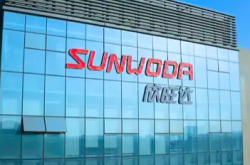Ilya “Remarries” and Recreates an OpenAI with His “First Love”
![]() 07/10 2024
07/10 2024
![]() 613
613
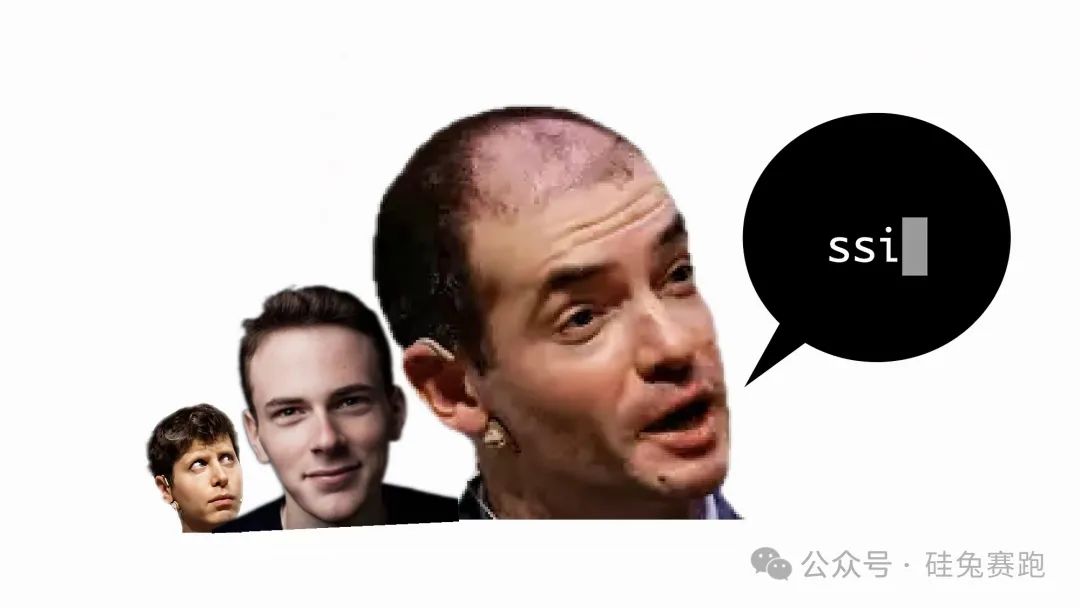
“
Ilya seems intent on recreating an “OpenAI”Ilya seems intent on recreating an “OpenAI”Ilya seems intent on recreating an “OpenAI”Ilya seems intent on recreating an “OpenAI”Ilya seems intent on recreating an “OpenAI”Ilya seems intent on recreating an “OpenAI”
”
Author | Eric Editor | Zuri Last month, Ilya Sutskever, co-founder and Chief Scientist of OpenAI, announced his departure from the company. Since then, his next move has captivated the tech community.
After all, he enjoys immense popularity in the AI industry.
He co-founded OpenAI with Sam Altman in 2015, helping the company attract top talent and becoming a leading advocate for building large AI models, a strategy crucial to the rise of ChatGPT.
Ilya can be considered one of the soul figures of OpenAI.
Until recently, he has returned with his new project—an AI startup named Safe Superintelligence. In addition to Ilya, SSI's other two co-founders are Daniel Gross and Daniel Levy.
Gross is a former YC partner and former Apple AI leader, sharing a similar background with Altman.
Levy trained large AI models alongside Ilya at OpenAI and is well-known in the field.
This team configuration has left the outside world eagerly anticipating Ilya's new venture.
Can he recreate another OpenAI? Can Gross smoothly take over Altman's position and shape a new AI myth?
01
Gross: The Next Altman? Looking at Gross's growth experiences and professional resume, they are quite impressive.
Gross was born in Jerusalem, Israel, in 1991. It's worth mentioning that Ilya was also born in Russia and grew up in Jerusalem before moving to Canada with his family at age 16, sharing an intriguing coincidence in their lives.
Altman, born in Chicago, Illinois, USA, in 1985, has high praise for Israel, stating that it boasts significant "talent density" and entrepreneurs possess a "persistent, energetic, and ambitious" spirit that can drive AI prosperity in the country.
Based on Gross's subsequent life experiences, he embodies the entrepreneur described by Altman and shares many similarities with him.
1. Prodigious Teenage Programmer
Gross's father works in computer science, and computers were a necessity at home. As a result, Gross taught himself computer science from a young age, also receiving guidance from his father. At 10, Gross found programming to be nothing special, just simple basics. However, his greatest passion remained programming, as it allowed him to do what he wanted in the world of code.
Similarly, Altman was a tech prodigy from a young age, learning how to program and disassemble Macintosh computers at age 8.
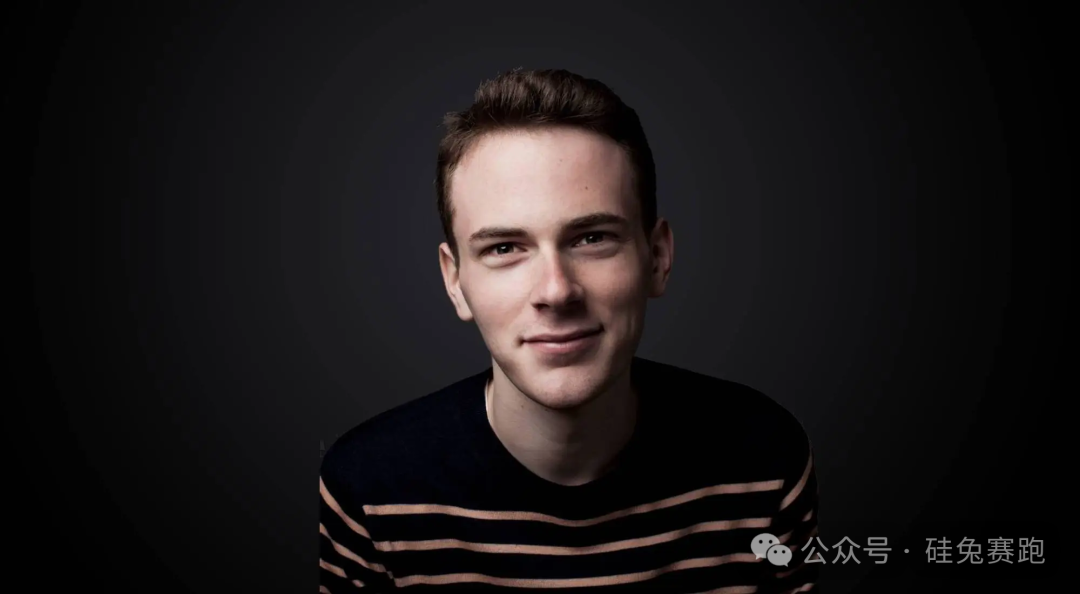
Daniel Gross Photo Credit: TechCrunch
2. Serial Entrepreneur and YC Background
In 2010, Gross successfully passed the YC interview. During his YC tenure, he launched the search engine Greplin, later renamed Cue. In 2013, Cue was acquired by Apple for approximately $40 million, and Gross joined Apple as Technical Director, overseeing machine learning and search, all while just turning 23 years old.
Altman also has entrepreneurial experience and connections with YC. After dropping out of Stanford University, Altman developed the application Loopt in 2005, making him one of YC's first batch of incubated startups.
Loopt, one of YC's earliest eight incubated companies, was eventually sold for $43 million, earning Altman a significant profit. He later founded a venture fund and invested in YC.
YC founder Paul Graham highly admired Altman and selected him as YC's President in 2014. After taking office, Altman launched initiatives such as Startup School and YC Growth.
From YC to being acquired by Apple, Gross gradually ventured into investment.
Starting in 2013, he invested in companies like Uber, GitHub, Coinbase, Instacart, Opendoor, and Airtable as an individual investor, gradually maturing his investment philosophy and tactics.
From the experiences of Gross and Altman, they share many similarities: both have loved and excelled in technology since childhood, subsequently founded and sold companies, and have deep roots with YC.
Moreover, they both excel at the same thing—AI investment.
02
The “Twin Titans” of AI Investment In 2015, Altman co-founded OpenAI with Ilya and others. In 2019, to focus on OpenAI, Altman resigned as YC's President.
Meanwhile, Gross gradually developed a strong interest in AI. In 2017, Gross resigned from all other positions to return to YC as a partner. Since then, he has not only invested in AI but also integrated AI technology into YC's workflow and established the dedicated "YC AI" program.
In 2017, Gross and Nat Friedman, former CEO of Github, founded the venture capital fund AI Grant, investing in significant AI companies like Character.ai, Perplexity AI, Weights & Biases.
Today, both Gross and Altman have established vast AI investment portfolios, standing out as prominent figures in the field, with similar investment categories and philosophies.
1. Investment Categories
(1) AI + Drug Development
On June 25th, EvolutionaryScale, an AI startup focused on biology, announced that it had raised $142 million in seed funding led by Nat Friedman, Daniel Gross, and Lux Capital.
EvolutionaryScale is dedicated to using AI to generate novel proteins, accelerating drug development. Its ESM3 is an AI model that designs protein structures like programming.
Similarly, Altman has also invested in "AI + Drug Development".
In May this year, pharmaceutical health enterprise Sanofi announced a collaboration with OpenAI and AI drug company FormationBio to launch an AI-driven drug development software. In this partnership, OpenAI provides top-tier AI technology, while Altman, through his personal investment in Formation Bio, focuses more on operations and execution.
(2) AI + Chips
Chip computing power is another investment area for both Gross and Altman.
Last year, Nat and Gross used 2,512 NVIDIA H100 server chips to form the Andromeda Cluster, open to AI startups they deemed promising.
This creates a win-win situation: Gross can exchange Andromeda usage rights for equity in AI startups, while startups gain computing resources typically reserved for larger companies.
This model is being emulated by many venture capitalists, and Gross was named one of the 100 most influential people in AI in 2023.
Altman is also intensifying his investment in chip computing power. He has invested in chip developer Rain AI and is planning a $7 trillion "chip plan".
Altman aims to make chip computing power as accessible as air and water.
There are many more such cases where Gross and Altman's paths intersect intentionally or unintentionally.
For example, Gross invested in general AI company Keen, while Altman previously tried to convince Keen's founder Carmack to join OpenAI.
Overall, Gross and Altman's investment categories mostly focus on cutting-edge AI fields and projects with disruptive potential. They both tend to support startups that can change the market landscape, especially those with profound impacts on human lives.
Apart from investment categories, the two also share a high degree of similarity in investment philosophy—focusing on people.
2. Investment Philosophy
AI Grant's website states, "We are looking for technical and pragmatic founders who can build outstanding products."
If founders are excited about creating things that others enjoy using and understand that building new products requires 1% of the idea and 99% of iteration, AI Grant hopes to provide support.
Founders' products and pragmatism are features that Gross values highly.
Altman has also attributed his investment success to recognizing talent. He said that throughout his career, one of the most successful investment approaches he has taken is finding exceptionally talented but undiscovered individuals.
As both are tech prodigies with extensive entrepreneurial experiences and YC backgrounds, coupled with rich investment expertise, some insiders are optimistic that Gross, with his strengths comparable to Altman's, could become the next tech pioneer through Ilya.
03
SSI: The Next OpenAI? So, what kind of company is SSI, where Gross is involved?
Based on the internal information SSI has disclosed, Ilya seems intent on recreating an "OpenAI".
Firstly, in terms of business, SSI aims to create a safe and powerful AI system within a pure research institution, enabling enterprises to rapidly advance AI systems while prioritizing safety.
Last year, in a dialogue at Tel Aviv University, both Ilya and Altman expressed concerns about artificial intelligence and superintelligence. Ilya stated that AI will be a highly powerful technology that can be used to cure diseases. However, as its capabilities grow over time, it could also be used to create diseases. Creating superintelligence beyond human control would be a grave mistake.
In fact, OpenAI's original goal was also to develop safe and beneficial AI for humanity's long-term interests.
Furthermore, SSI emphasizes that its AI layout differs from tech companies like OpenAI, Google, and Microsoft in that they must endure commercial pressures, whereas SSI remains unencumbered by commercialization.
SSI states that it does not plan to sell AI products or services in the near future, avoiding complex products and fierce competition, instead focusing solely on research.
It's worth noting that OpenAI's initial goal was also to remain unaffected by commercial and competitive pressures, functioning as a pure research institution.
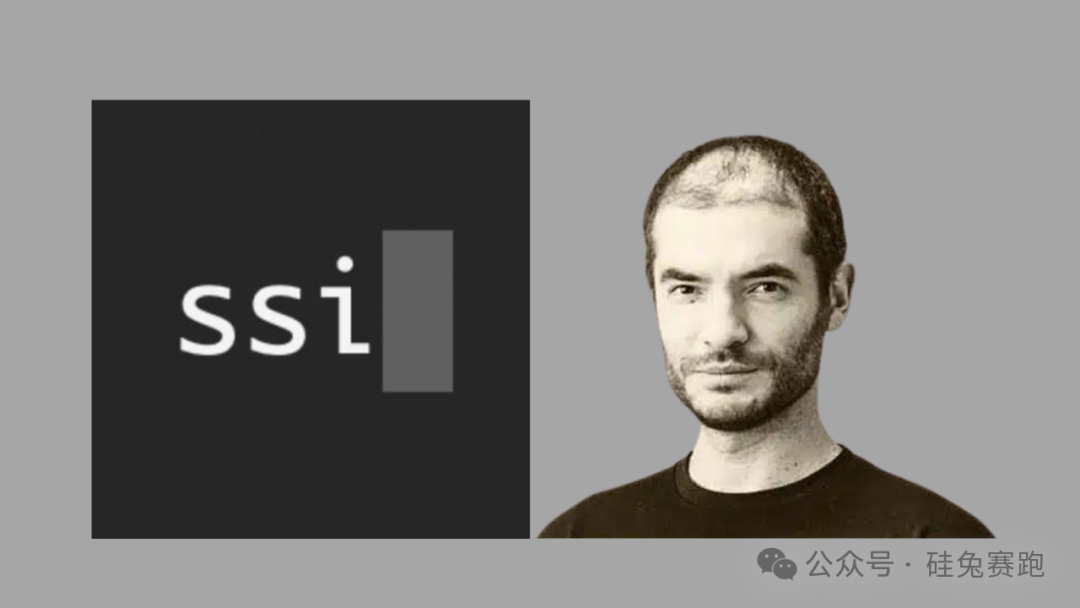
Photo Credit: Ai Trends
In terms of vision, business, and staffing, SSI shares similarities with OpenAI. However, the outside world still has questions about its development:
Without commercialization, how will it survive?
After all, OpenAI initially held the ideal of avoiding commercialization. However, as it scaled up, its demand for funds and computing power grew, making non-commercialization unrealistic. This led OpenAI to stray further from its original ideal, taking on a heavier commercial flavor.
In fact, many AI enterprises face commercialization challenges, with only a few achieving profitability.
However, Gross claims that money is not an issue for SSI, though he hasn't disclosed investor names or funding amounts.
This ambiguous statement further piques the curiosity of the outside world about Gross's future developments and whether he can become the next Altman.
04
The Irreproducibility of Altman
Can Gross truly become Altman? At present, it seems quite challenging.
What is Altman's most prominent advantage compared to many other tech entrepreneurs?
Not just technical and investment prowess, but more importantly, his rallying power and influence, which Gross cannot match within a certain timeframe.
Within OpenAI, Altman's influence is evident from one incident: After being "forced out" of OpenAI, almost all of OpenAI's several hundred employees signed a letter threatening to leave the company and follow Altman to Microsoft if he was not reinstated, showcasing his immense influence and personal charm.
Outside of OpenAI, Altman's influence has spread globally, garnering a loyal following. Additionally, due to Altman's growing influence, he has found it easier to collaborate with local legislators, regulators, and investors worldwide, thereby accelerating OpenAI's growth.
This influence stems partly from Altman's status as OpenAI's founder and partly from his proficiency in self-promotion.
Altman previously wrote an article titled "How to be successful," outlining 13 common traits he believes lead to success, one of which is:
Being a good salesperson.
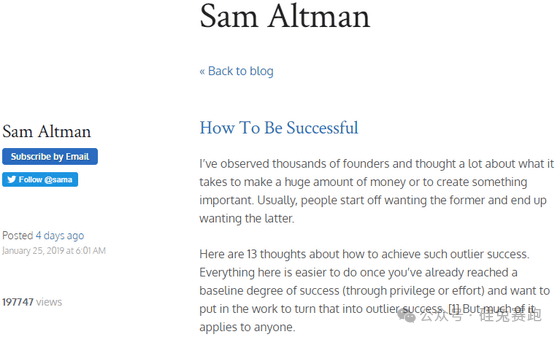
Photo Credit: GIGAZINE
Altman believes that the essence of all professions is sales. You must promote and sell your plans to clients, potential employees, media, investors, etc. You need excellent communication skills, personal charm, and strong execution ability. Across various media platforms, one can find numerous interviews and speeches by Altman.
Therefore, the combination of existing influence and "sales" ability determines Altman's irreproducibility.
In comparison, Gross's "salesmanship" is slightly weaker, and he and Ilya are more technically inclined talents.
Of course, Gross doesn't need to become the next Altman. His technical and investment capabilities can serve as crucial supplements to Ilya, advancing SSI's "business experiment".
Technological progress is never simply about imitation but rather about standing on the shoulders of predecessors to initiate deeper innovations.





